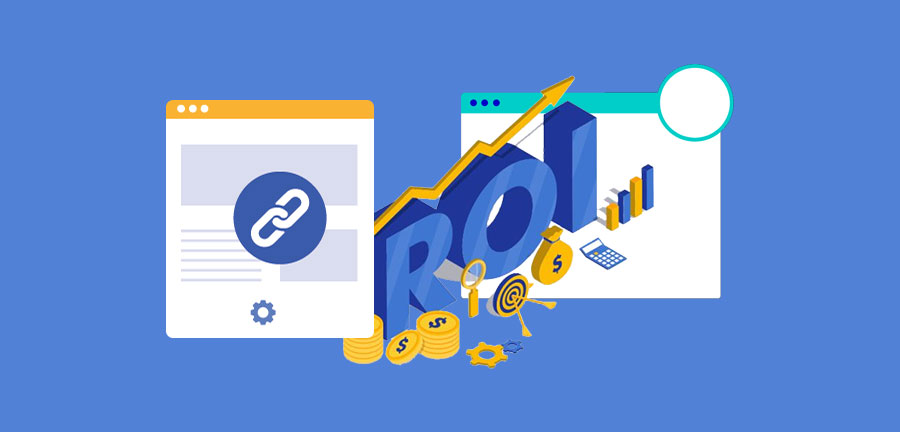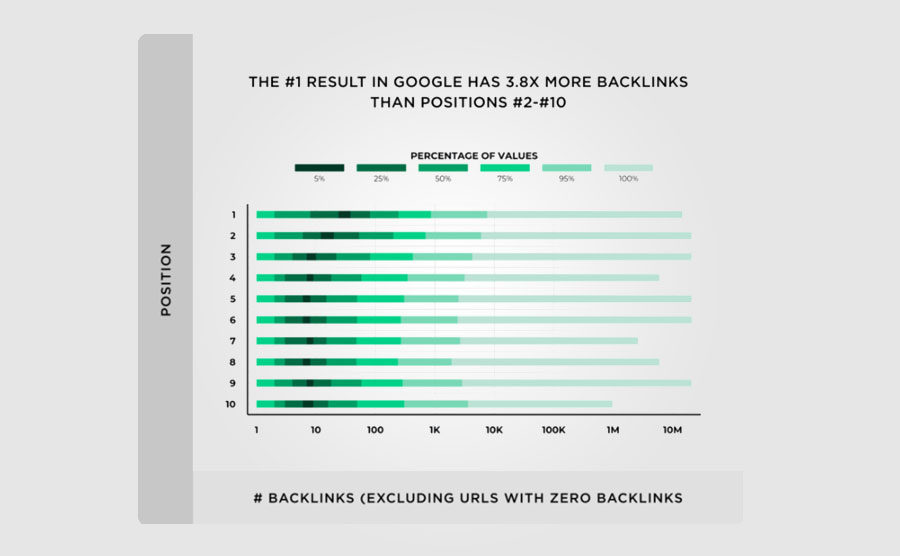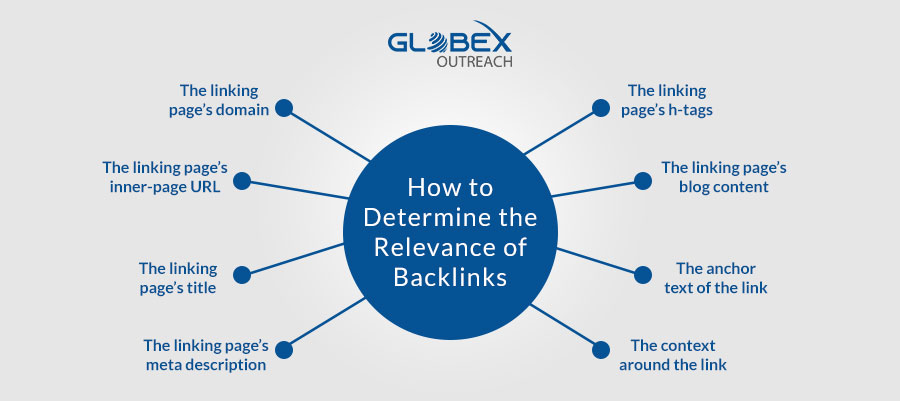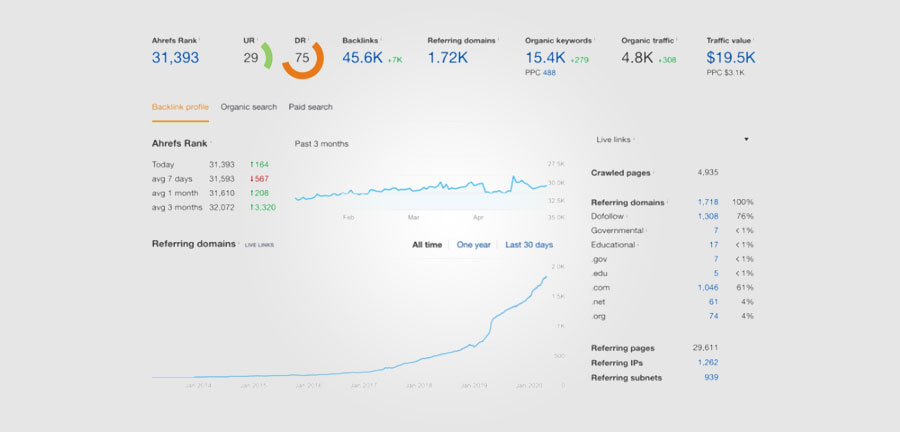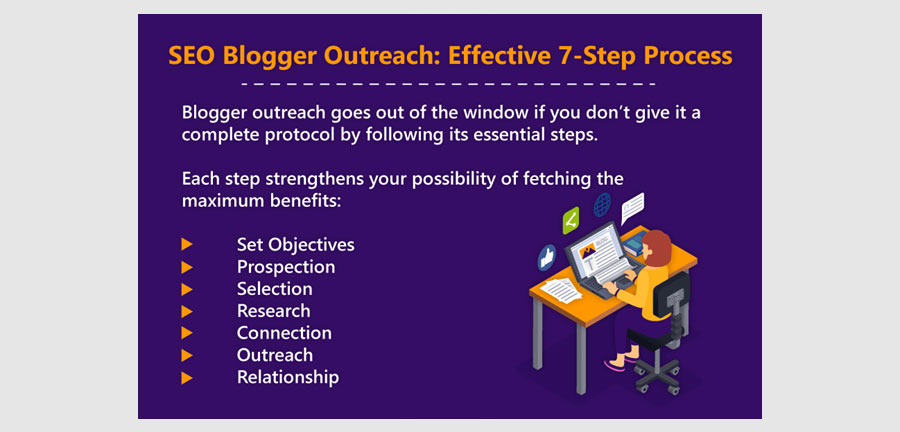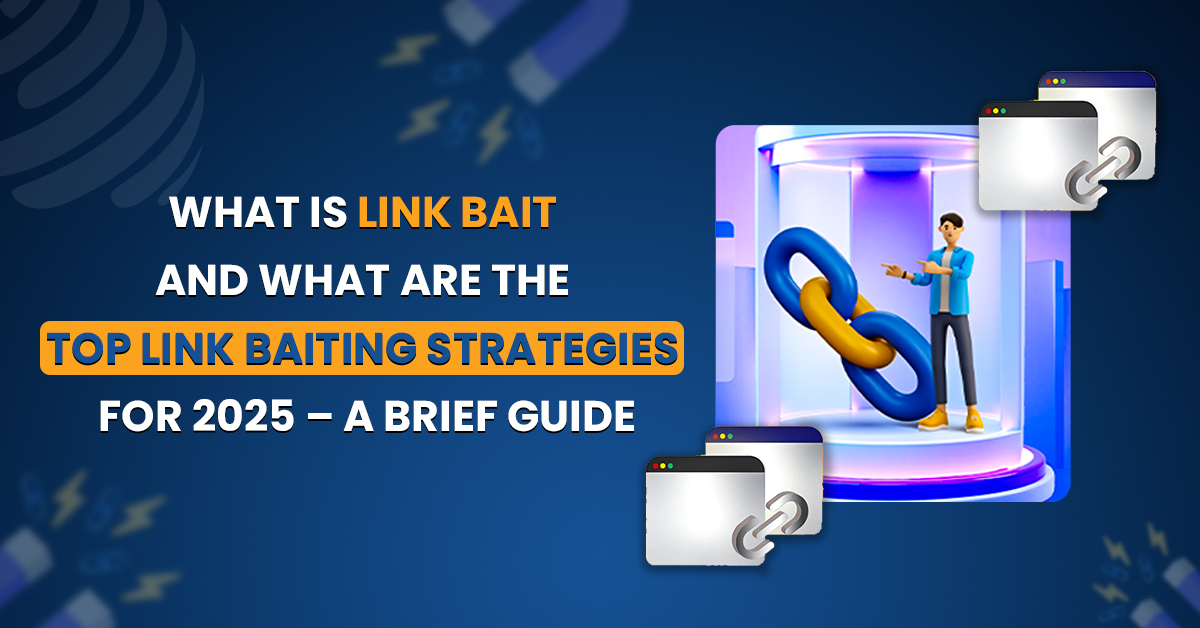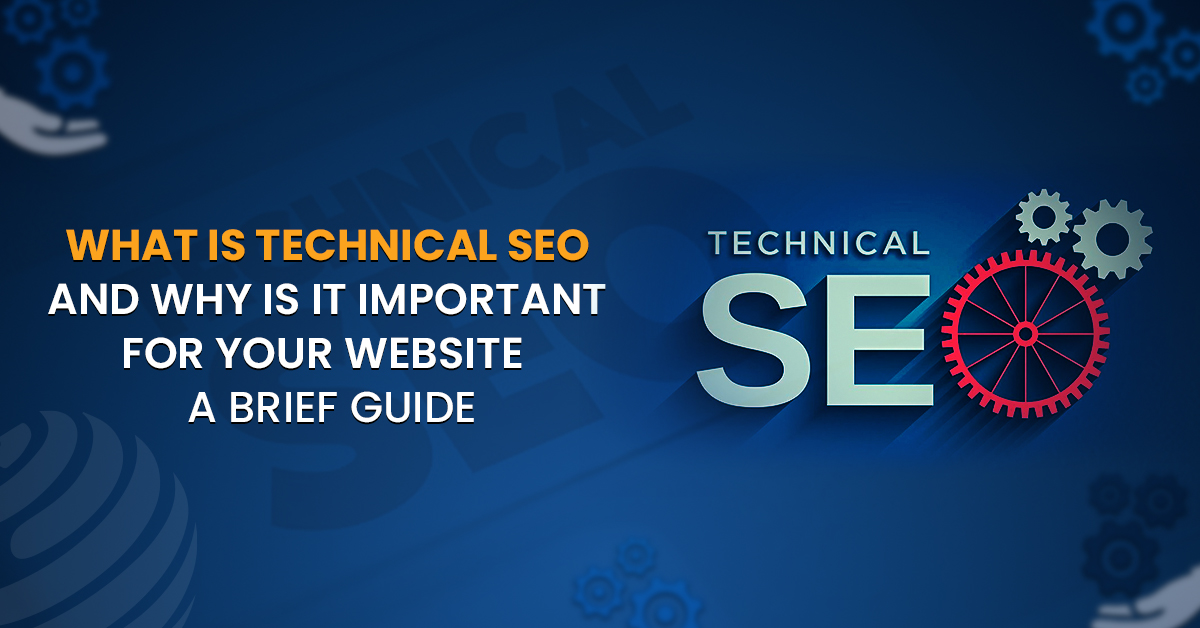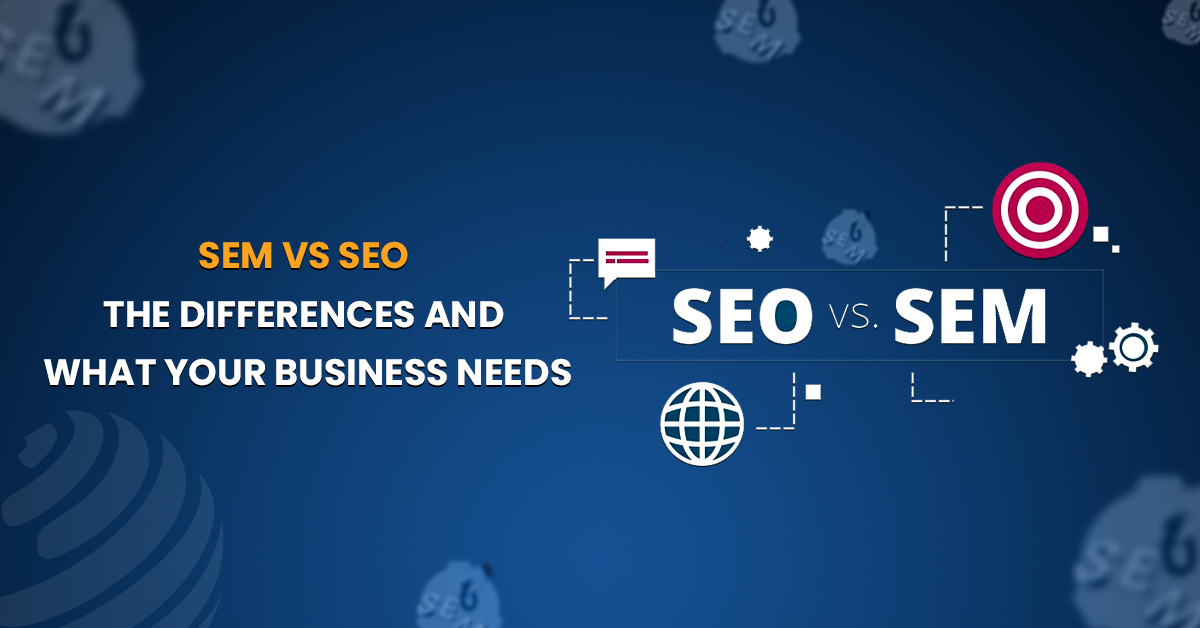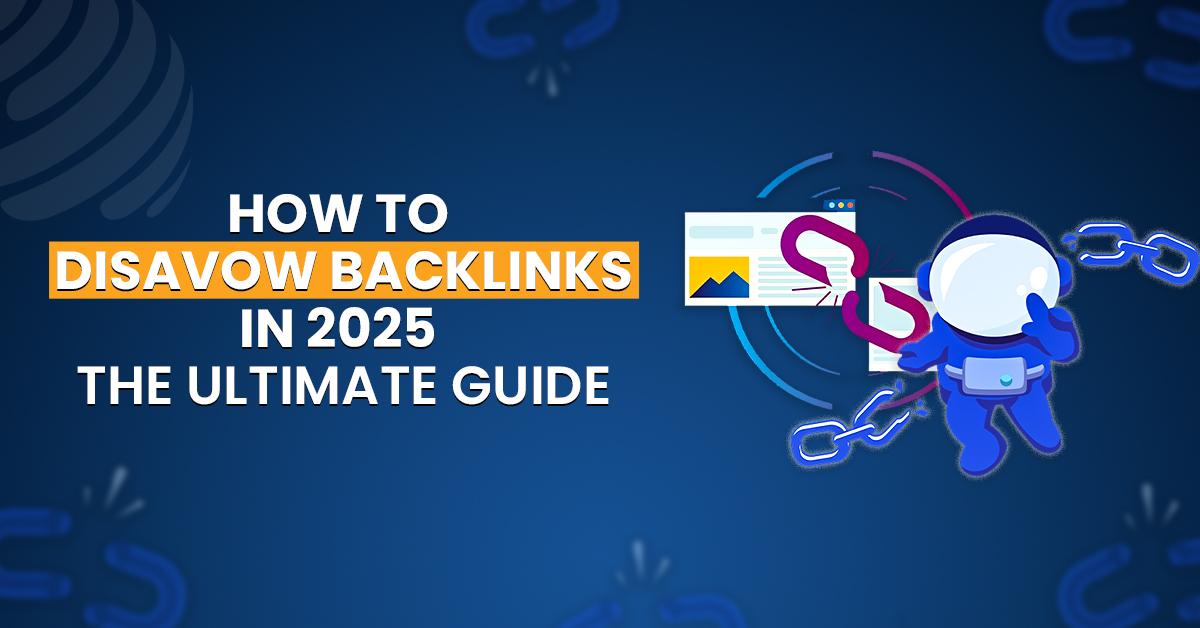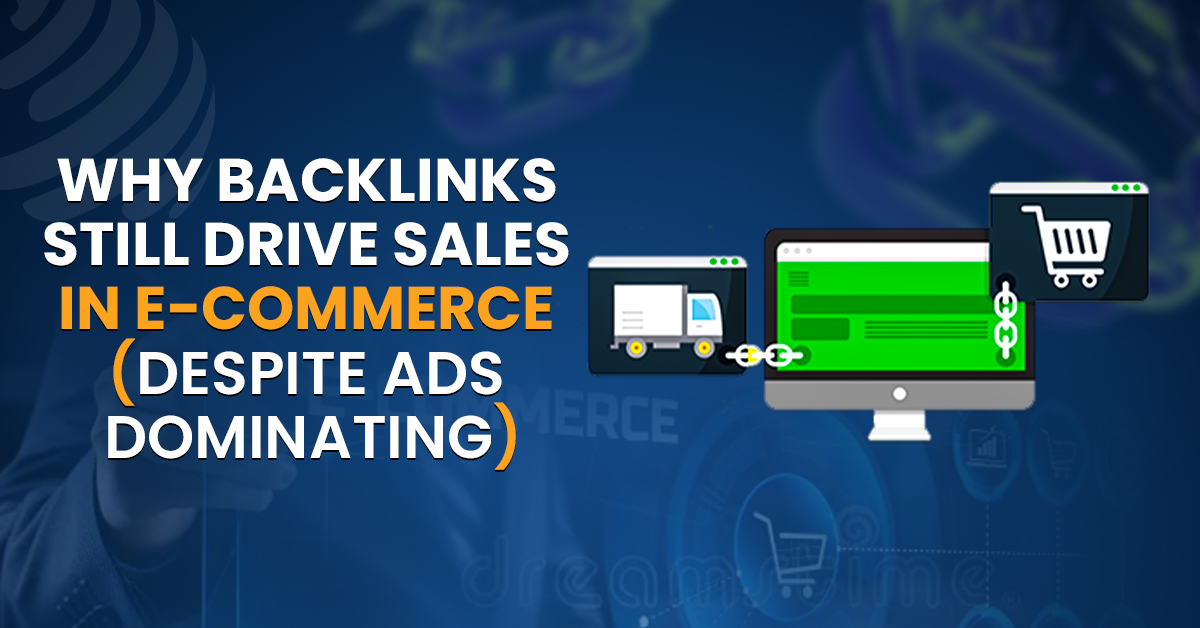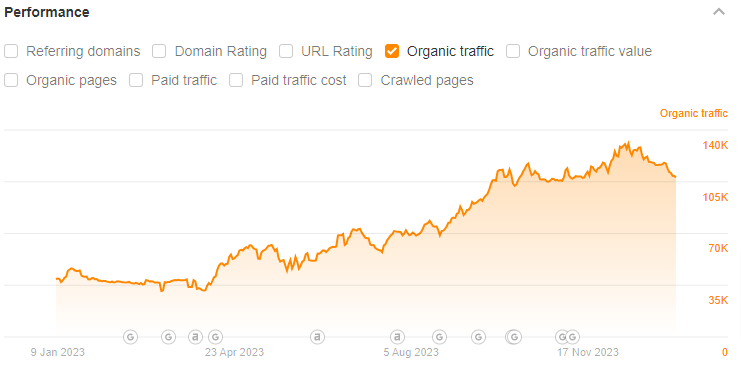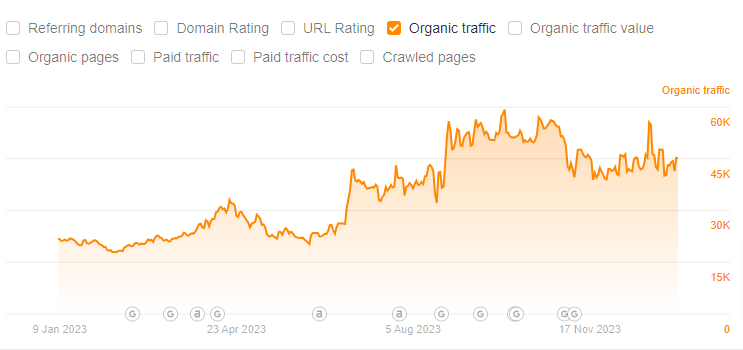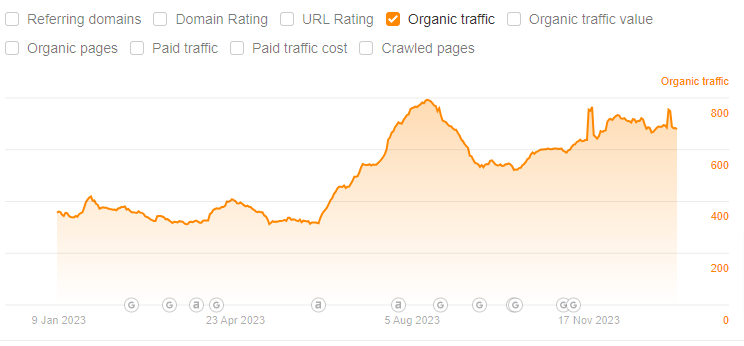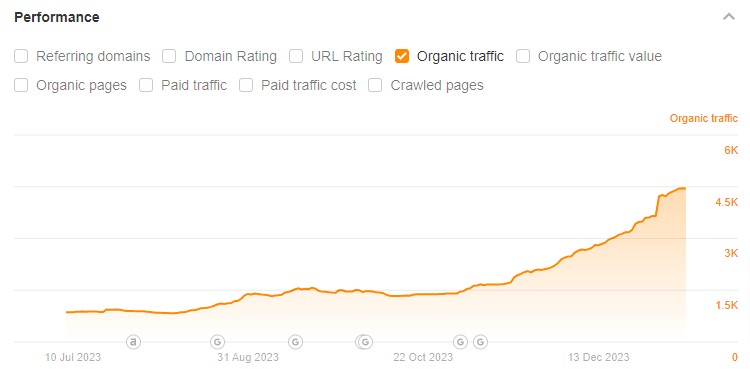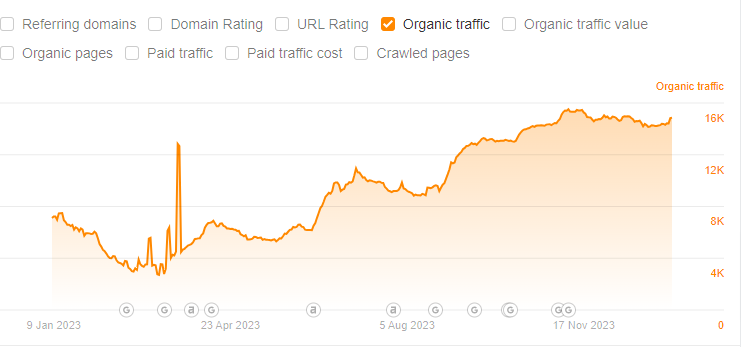Link building refers to the process of getting another website to feature your content or link to your site. There’s no doubt that link building can have an impact on your business, but it’s important to know that having more links pointing at your website won’t necessarily mean more business coming your way.
In this guide, we are going to cover everything you need to know about link-building ROI so you can plan out and measure your next link-building campaign to ensure the most effective outcomes possible for your business.
Benefits of Link Building for Your Business
One of the best ways to improve your SEO is through link building. However, just because you’re good at getting links doesn’t mean you’re automatically seeing a return on your investment.
In order to understand whether or not your campaign is successful, it’s important for you to measure how much traffic has been generated from those links. Below are some factors that determine the value of links for your business.
1. Better Business Credibility
The more links you have, the better your chances are of being ranked higher. Links help establish your business as an authority in a specific niche by showing that others believe you are credible enough to link to you. Business credibility is defined by the domain authority of your website and the number of backlinks it has.
It is important not just to get links but quality ones too. Quality links will boost your site’s ranking, while bad links can result in penalization. Bad links can come from people linking to sites they don’t like or if they use link farms.
A way to make sure you receive quality links is by publishing original content and sharing it with influential people, who will then share it with their followers, getting high-quality backlinks in return, which will ultimately increase the ROI of link building.
2. Improved Search Engine Rankings
Backing links is a valuable tool for improving search engine rankings. A backlink is a hypertext link on one web page that leads to another web page. When a search engine crawler searches your site, it will also search for links to other sites. If you have links pointing toward your website, it can lead to improved rankings in the SERPs.
However, you should also know that not every link-building campaign will lead to success. Whether you are new or experienced in link-building, you will have to make an efficient link-building strategy to ensure a good link building ROI.
Source: Backlinko.Com
3. Greater Revenue Opportunities
It’s no secret that backlinks are a powerful ranking factor in SEO. However, a recent study also found that companies with more backlinks generate more revenue opportunities.
Businesses with more backlinks generate more leads and sales than those with fewer backlinks. This is likely because backlinks signal to search engines that your site is trustworthy and authoritative. And when your site is more visible in search results, you’re more likely to get clicks from potential customers.
If you’re looking to boost your revenue, focus on building more backlinks to your website. Higher-quality backlinks will not only help you rank better in search engines, but they’ll also lead to more revenue opportunities by increasing link building ROI.
4. More Referral Traffic
Backlinks can lead to a lot of referral traffic, which is good for your site because it means more people are coming from outside sources. Getting links from other websites signals search engines that your website is credible for the information on the provided topic, and this is a great way to increase website traffic.
This way, your website will rank higher and will get traffic from both referral visits from other websites and organic visits. The above infographic by Ahrefs outlines the importance of more backlinks for more traffic.
5. Increased Content Value
When you have good backlinks, they will improve the value of your content. It’s important to know that backlinks are a two-way street, meaning you should have good backlinks coming into your website as well as going out. If more backlinks are coming to your website, it means you have good authority in the industry.
But this is easier said than done. You’ll need to do some research on high-quality websites in your industry that have what you’re looking for and then approach them about linking to your site too. This is a great way to get a good ROI for a link building campaign.
Factors Affecting the Link Building ROI
There are several factors that affect the ROI of your link-building campaigns, including the quality, quantity, and relevancy of your links. Below are some more factors explained in detail.
1. The Quality of Your Links
Google’s algorithms are constantly improving, and one of the main signals they use to rank websites is the quality of backlinks. A backlink is a link from another website to yours, and the more high-quality backlinks you have, the better.
A backlink from a high-quality website is worth more than a backlink from a low-quality website. This is because a backlink from a high-quality website shows Google that your website is also high-quality. Getting quality backlinks can be difficult, but it’s worth it if you want to improve your website’s SEO.
2. The Number of Your Links
The number of backlinks is one of the most important ranking factors for SEO. More backlinks are important because they are a sign of the popularity and authority of a website or web page. Google and other search engines use backlinks as a way to measure the quality and relevancy of a site.
The more backlinks a site has, the more likely it is to rank well in search engine results pages. And if you are looking for how to maximize link building ROI, the best answer is to invest in more and more backlinks for your website. But remember to only buy white hat backlinks, so your website won’t get penalized.
3. The Diversity of Your Link Sources
The diversity of backlinks is important for ranking because it shows that your website is being linked to by a variety of other websites. This is a sign to search engines that your website is a credible and authoritative source of information.
When your website is linked to by a variety of websites, it will rank higher in search engine results pages (SERPs). In order to get the full ROI of link building, you will have to invest in attaining diversified backlinks from other websites in and out of your industry.
4. The Relevancy of Your Links
One of the most important ranking factors in search engine optimization (SEO) is the relevancy of your backlinks. A backlink is a link from one website to another, and the relevancy of a backlink is determined by the subject matter of the linking site.
For example, if you have a website about cars, a backlink from a website about cars would be more relevant than a backlink from a website about flowers.
Relevancy is important because it tells search engines that your website is a relevant source of information for the discussed topic. If you have a lot of niche-relevant backlinks, it will tell search engines that your website is an authority on the subject, and this will result in higher rankings in the search results.
5. The Cost of Your Links
The cost of your backlinks is one of the most important factors that affect the ROI of a link building campaign. If you’re not careful, you can easily spend too much on your links without seeing any results. On the other hand, if you’re able to get your links at a lower cost, you can potentially see a higher ROI.
There are a few factors that you need to consider when setting the price for your links. The first is the quality of the link. A high-quality link from a reputable website will generally cost more than a low-quality link from a less reputable website.
The second factor is the quantity of links. If you’re looking to purchase a large number of links, you can expect to pay a higher price per link. However, no matter if you are buying links in small quantities or bulk, it is always recommended to use white hat link-building strategies to avoid any penalties.
6. The Time Taken for Building Links
Link building can be an expensive process, so it’s important to know how the time taken for building links affects the link building ROI. The length of time spent on link building impacts the overall success rate. When you invest your time wisely, you’ll see more success in your link-building campaigns.
How to Measure ROI of Link Building?
One question that often arises is how to measure results of link building campaigns so that you can improve the strategies over time. There are certain factors that go into determining the ROI of your link-building strategy. Some of the most important of them are mentioned below.
1. Growth of Referring Domains
An easy way to measure the ROI of link building is by checking the growth in referring domains. This can be done by using one of the several tools available online. Some of them are; Open Site Explorer, Majestic SEO, Ahrefs, and SEMrush.
Check which metrics are important for your niche and look for them when researching a site’s referring domains. If you notice that a site’s referring domain count has decreased, that means there are less people linking back to them from other sites.
In order to build more links and boost your domain authority, you should research how those sites have been getting their links and then find out how you could replicate this strategy on your own site.
2. Changes in Google Ranking
Some people think it’s hard to measure the ROI of link building, but it isn’t. The simplest of all methods to calculate ROI is to track changes in your Google ranking. If you’re ranking on the second page and a week or month later, you’re at page 1 of Google search results, then you know that you are ranking higher on Google, and the link building worked.
Another way to measure the ROI of link building is by looking at the number of referrals that come into your site from external sites. The more links there are coming in from other sites, the more traffic there will be coming into your site as well.
3. DA of Your Website
Checking the DA of your website is the most basic way of determining your link building ROI. The higher a website’s domain authority, the more likely it is that people will visit it and want to link to it.
If you are investing your time and money in link building for your website, make sure to track any positive and negative changes to its domain authority (DA), which ranges from 0-100. If there are positive changes in the DA of your website, this means your link-building strategy is working just fine.
4. Link Volume Requirement
The link volume requirement is the number of links that you need in order to rank for your target keyword. In most cases, it’s a number between 10 and 30. However, there are other factors that will determine the number of links needed, such as the competitiveness of your niche.
For example, if you’re an SEO consultant who wants to rank for SEO-related keywords, then all your competitors will also want those same keywords, so chances are higher that the link volume requirements for ranking would be higher than if you were selling food products.
Other factors can also come into play, like whether or not you have pages on different domains and also how many types of backlinks you have generated.
5. Average Value of Conversion
One way you can measure the ROI of link building is by calculating the average value of a conversion. You can do this by taking the total number of conversions and dividing it by the total number of visitors for a specific period. This will give you a percentage.
So, if your website received 100 visits with 10 conversions, then 10% would be the average conversion rate.
6. Topical Authority of Your Website
One way you can ways to calculate link building ROI is by analyzing the topical authority of your website. Topical authority is an indication of whether your content or the sources you are linking out to are considered authoritative in their field.
Title: “How topical authority builds up?”
It is calculated based on the quality of links that point back to your site as well as the general popularity and reputation of those sites. The higher quality link sources you have pointing back to your site, the more authoritative it will be seen by Google.
7. Organic Traffic Growth
One of the most important factors for calculating your link building ROI is analyzing your organic traffic growth. After all, it’s what you are investing your time and money for. Your organic traffic growth can be easily tracked by Google search console, where you can see the total visitors coming to your site and the keywords you are ranking for.
Analyzing this metric will allow you to know how well your link-building efforts are doing and if they’re worth it. In this scenario, a link-building consultant can help you determine the organic traffic growth and will be by your side to assist you in your link-building efforts.
How to Improve Your Link-Building ROI?
One way to improve ROI is to focus on quality over quantity. It’s better to have a few high-quality links than a large number of low-quality links. Another way to improve ROI is to focus on links from authoritative websites.
Links from websites with high domain authority will be more valuable than links from lesser-known websites. Below are some more ways to improve your link building ROI.
1. Use Link Bait
Link bait is a kind of content that is designed to attract links from other websites. It is one of the most powerful paid link building services that can be used to improve the ROI of your link-building efforts. For example, look at the below image of a piece of content.
The information provided in this written piece was what people were searching for, and within no time, this piece earned 6,600 backlinks from 2,600 referring domains. That’s the type of link bait you can also use for your business.
Link bait can take many different forms, but some of the most effective include Infographics, listicles, trending topics, and top lists for industry tools. The key is to create something that is truly compelling and that will get people to link to you.
If you can create link bait that really packs a punch, you will see your link-building ROI improve significantly. So, if you’re looking for ways to improve your link-building efforts, be sure to give link bait a try.
2. Get Involved in the Community
Community involvement is a great way to improve link building ROI. By becoming involved in the community, you can help to build relationships with other businesses and individuals. This can lead to increased exposure for your business and, ultimately, more links.
There are a number of ways you can get involved in the community. You can attend local events, join online forums and groups, or simply reach out to others in your field. By taking the time to build these relationships, you can significantly improve the value of links for your business.
3. Adopt Free Link Building Strategies
One way to improve your link-building ROI is by adopting free link-building strategies. This can involve contacting bloggers and asking them for a link, submitting your site to directories, or using social media sites like Facebook and Twitter.
Title: “Free Link Building Strategies”
- Build relationships with industry experts
- Start a blog
- List your site in trustworthy directories
- Write a good piece of content
- Give a testimonial
- Turn your mentions into backlinks
There are many opportunities for you to create links on the internet that won’t cost you anything and will get you high-quality backlinks for free. Remember that each link you get will help boost your ranking, so be sure to take advantage of any opportunity that comes your way.
4. Leverage Social Media
Social media can be a great way to get links and improve your website’s ranking. Simply posting content on social media sites such as Facebook, Twitter, or LinkedIn can lead to others linking back to your site.
The best way to use social media for link building is by using it as an engagement tool. Engage with other people and post content that is valuable for your target audience, and you are likely going to get some quality backlinks that will help you rank higher.
5. Build Relationships with Other Bloggers
You may not know it, but you can improve your link building ROI by working with other bloggers in your industry. You can start by finding bloggers in your space that have a similar audience size and then start following them on social media.
Once you’ve followed these people for about some time, email them with an introduction and ask if they would be willing to share one of your posts as part of their weekly round-up posts. Spend the next couple of weeks building relationships with these individuals, commenting on their posts, and sharing their content.
This way, you will get an improved ROI for your link-building strategy and will also be able to build industry relationships that will be beneficial for the long run of your business.
6. Creating Compelling Content
One way to increase your link building ROI is by creating content that people will want to share. If you’re able to create content that resonates with people, they’ll be more likely to not only link back to it but also share it on social media.
This kind of content is good for the individual and the business because when people are excited about something, they’re more likely to be advocates for this. Writing quality guest posts is one way to generate compelling content for your business.
Compelling content will be more likely to get shared across social media and other online platforms to generate more backlinks for you. This is probably the most cost-effective way of getting a good ROI for your link-building strategy and will save you the cost of manual link building.
Can You Accurately Calculate the ROI of Link Building?
It’s a common misconception that the ROI of link building can be accurately calculated. The reality is, there are too many variables at play to make any definitive guess about the ROI of link building.
However, as mentioned in the above sections, there are some factors to estimate the link building ROI, and it’s important to keep in mind that these are only estimates.
The most important thing to remember is that link building is an important part of a comprehensive SEO strategy, and it should be dealt with as such. It’s not a short-term game, and the benefits of link-building can take months or even years to fully materialize.

